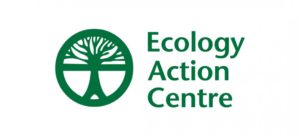Below is a list of partner organizations within the CCRN, representing local, regional and Indigenous communities, together with governmental and non-governmental organizations. The links provided will lead you to their respective websites, where you can find more information about who they are, who they represent and the work that they do. (Please note that we are not responsible for information or links found on our partner’s website)
Canadian Biosphere Reserves Association (CBRA)

Canada’s biosphere reserves are living labs where communities work hand in hand to deliver projects that support sustainable living. The CBRA works in partnership with residents, community organizations, Indigenous Peoples, industry partners, academic institutions, government, and youth. Over the past decade, from coast to coast, Canadian biosphere reserves have been involved in nearly 500 projects that have yielded meaningful and tangible results for our communities.
Canadian Biosphere Reserves Association (CBRA) is involved in:
Conservation projects have included work on ecosystem rehabilitation, habitat and wildlife management, restoration land management, parks and protected areas, and biodiversity.
Capacity building projects have included the development of educational curriculum, monitoring and mapping, sustainable tourism, youth mentorship, and the coordination of community-based participatory research.
Sustainable development projects have explored new models for regional interaction, sustainability planning and policy-making, and social innovation.
The Community Conservation Research Network (CCRN) and the Canadian Biosphere Reserves Association (CBRA) share the same principles in their work that addresses the sustainable management of natural resources, community development and enhancing community livelihoods. For more information visit the Canadian Biosphere Reserves Association (CBRA) website









